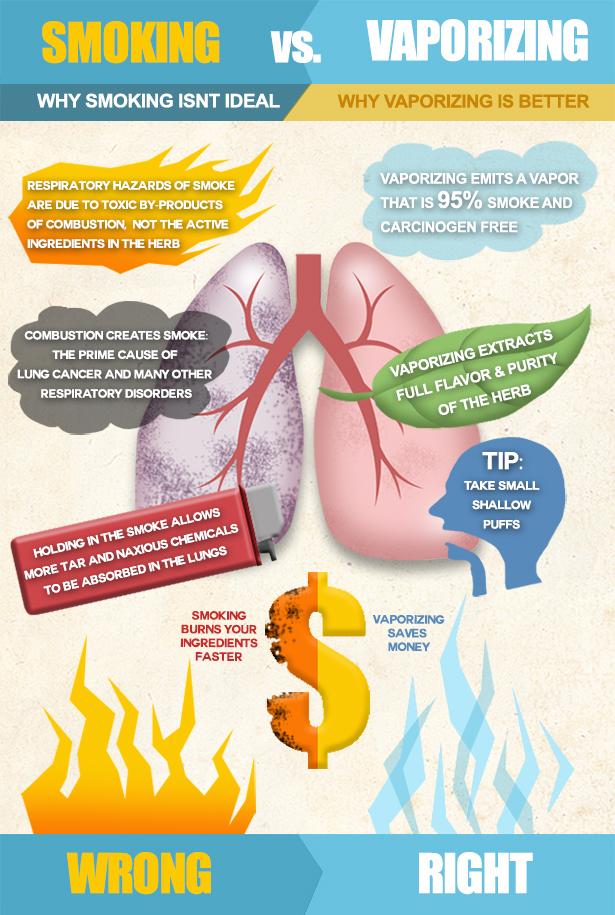The Shocking Truth: One Food Is More Dangerous Than Smoking, Says Doctor

Table of Contents
Keywords: Dangerous food, food more dangerous than smoking, unhealthy food, processed food, health risks, diet, doctor's warning, mortality rate, health consequences, ultra-processed foods, minimally processed foods
We all know smoking is deadly. But what if I told you a common food item contributes to more deaths annually than cigarettes? A leading doctor reveals the shocking truth about a seemingly innocuous food, highlighting the critical need for dietary awareness and change. This article will explore the alarming link between processed food and mortality, offering actionable steps to protect your health.
Identifying the Culprit: Processed Foods as a Silent Killer
Processed foods have become a staple in many diets, but their hidden dangers are often overlooked. This section will delve into what constitutes processed food, the shocking statistics surrounding its consumption, and the mechanisms by which it damages your body.
What Constitutes "Processed Food"?
The term "processed food" encompasses a wide range of items, often significantly altered from their natural state. This includes:
- Packaged snacks: Chips, cookies, crackers, candy bars.
- Fast food: Burgers, fries, pizza, fried chicken.
- Sugary drinks: Soda, juice, energy drinks.
- Heavily salted meats: Bacon, sausages, deli meats.
- Pre-made meals: Frozen dinners, microwaveable meals.
It's crucial to distinguish between minimally processed foods (e.g., frozen vegetables) and ultra-processed foods (e.g., sugary cereals, instant noodles). Minimally processed foods retain much of their nutritional value, while ultra-processed foods are often stripped of nutrients and loaded with additives. These ultra-processed foods are particularly high in sodium, added sugars, unhealthy fats (trans fats and saturated fats), and artificial additives, all contributing to their detrimental health effects.
The Shocking Statistics: Mortality Rates Linked to Processed Food Consumption
Numerous studies link high processed food consumption to a dramatically increased risk of chronic diseases, leading to premature death. These diseases include:
- Heart disease: A leading cause of death worldwide, significantly exacerbated by diets rich in processed foods.
- Stroke: Processed foods contribute to high blood pressure and cholesterol, major risk factors for stroke.
- Type 2 diabetes: The high sugar and refined carbohydrate content in many processed foods drives insulin resistance.
- Certain cancers: Studies suggest a correlation between processed meat consumption and colorectal cancer.
While precise comparisons vary depending on the study and methodology, some research indicates that mortality rates associated with a diet high in processed foods rival, or even surpass, those linked to smoking. (Cite reputable sources like the World Health Organization, peer-reviewed studies, etc. Include charts and graphs here to visually represent the data.)
The Mechanisms of Harm: How Processed Foods Damage Your Body
The negative impacts of processed foods extend beyond simple calorie counting. They trigger a cascade of harmful effects:
- Inflammation: Processed foods often contain ingredients that promote chronic inflammation throughout the body, contributing to various diseases.
- Gut health disruption: The lack of fiber and the presence of unhealthy additives negatively impact the gut microbiome, hindering proper digestion and nutrient absorption. A compromised gut microbiome is linked to various health issues.
- Weight gain and obesity: The high calorie density, combined with low satiety (feeling full), often leads to overconsumption and weight gain, increasing the risk of obesity-related diseases.
Beyond the Numbers: Real-Life Consequences of a Processed Food Diet
The statistics are compelling, but the real-life impact of a processed food diet is even more profound.
Case Studies and Patient Testimonials (if available):
(Include anonymized stories or case studies here, if available, illustrating the negative consequences of high processed food consumption. Maintain patient privacy and obtain necessary consent.)
The Hidden Costs: Financial and Societal Burden of Processed Food-Related Diseases
The societal cost of processed food-related diseases is staggering:
- Healthcare costs: The treatment of heart disease, stroke, diabetes, and cancer places an enormous burden on healthcare systems worldwide.
- Lost productivity: Chronic illnesses often lead to missed workdays and reduced productivity, impacting national economies.
Taking Control: Steps to a Healthier Diet and Reduced Risk
You can significantly reduce your risk by making conscious dietary choices.
Reading Food Labels: Decoding the Ingredients List
Understanding food labels is crucial. Pay close attention to:
- Serving sizes: Be mindful of portion control.
- Calories: Choose lower-calorie options.
- Ingredients: Look for whole, unprocessed ingredients and avoid long lists of unfamiliar additives.
- Sodium, sugar, and fat content: Opt for lower levels of these.
Smart Swaps: Replacing Processed Foods with Healthier Alternatives
Make gradual changes, substituting unhealthy choices with better alternatives:
- Whole grains instead of refined grains: Choose whole-wheat bread, brown rice, and quinoa over white bread and white rice.
- Fresh fruits and vegetables instead of sugary snacks: Opt for apples, bananas, carrots, and celery over candy and chips.
- Lean proteins instead of processed meats: Choose chicken breast, fish, beans, and lentils over bacon and sausage.
Building a Balanced Diet: The Importance of Whole Foods
Focus on building a diet rich in:
- Fruits and vegetables: These are packed with vitamins, minerals, and fiber.
- Lean proteins: Essential for building and repairing tissues.
- Whole grains: Provide sustained energy and fiber.
- Healthy fats: Found in avocados, nuts, and olive oil.
Seeking Professional Guidance
Consult with a doctor or a registered dietitian to create a personalized dietary plan that meets your specific needs and health goals.
Conclusion
The evidence is clear: a diet high in processed foods poses a significant threat to your health, potentially even more dangerous than smoking. The consequences extend beyond individual well-being, impacting healthcare systems and national economies. But the power to change lies in your hands. Make the switch today and choose a healthier lifestyle. Combat the dangers of processed foods by embracing a diet rich in whole, unprocessed foods. Learn more about the dangers of this food and take steps towards a healthier you. Visit [link to a reputable health resource] for more information on healthy eating and dietary guidelines. Don't let processed foods be the silent killer – take control of your health and make informed choices.

Featured Posts
-
 Rekord Ovechkina Slova Zakharovoy
May 01, 2025
Rekord Ovechkina Slova Zakharovoy
May 01, 2025 -
 Bof A On Stock Market Valuations Reasons For Investor Optimism
May 01, 2025
Bof A On Stock Market Valuations Reasons For Investor Optimism
May 01, 2025 -
 Which Us Cruise Line Is Best For You A Detailed Look
May 01, 2025
Which Us Cruise Line Is Best For You A Detailed Look
May 01, 2025 -
 Muere Joven Promesa Del Futbol Argentino Conmocion En La Afa
May 01, 2025
Muere Joven Promesa Del Futbol Argentino Conmocion En La Afa
May 01, 2025 -
 Enexis Slim Opladen In Noord Nederland Buiten De Piektijden
May 01, 2025
Enexis Slim Opladen In Noord Nederland Buiten De Piektijden
May 01, 2025
